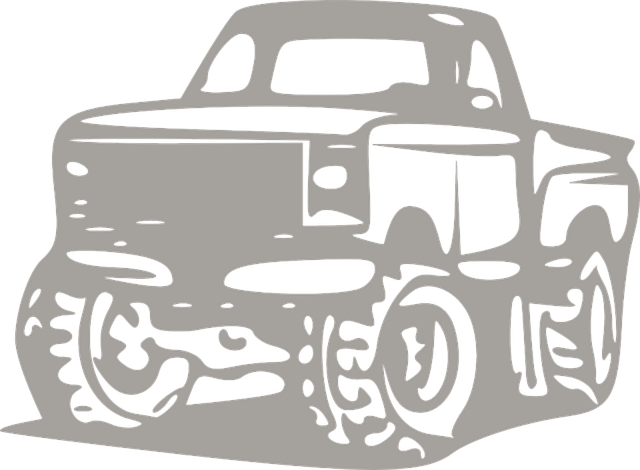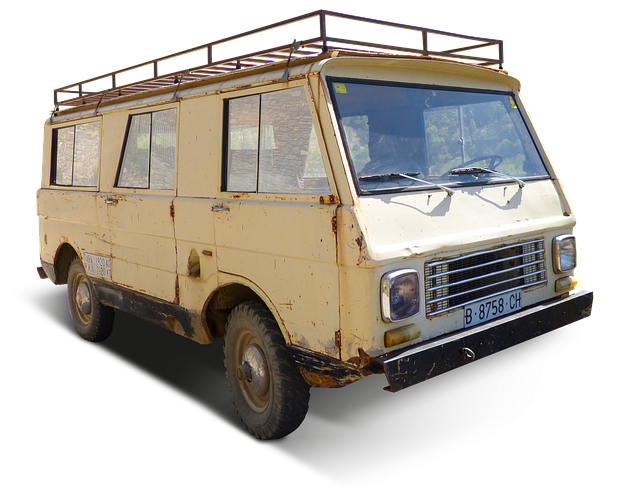In Texas, where off-road vehicles with winch upgrades are popular, choosing the right brake pads is critical for safety and performance. Sturdy and durable pads from brands like Ferodo (LS series) and ATE (Blue Line) cater to diverse driver needs, offering benefits like heat dissipation, noise levels, stopping power, and wear rates. Upgrading brake pads requires understanding legal requirements, vehicle type, driving conditions, and personal preferences for friction material. Precise installation, regular maintenance, and inspection are key to maximizing pad lifespan and ensuring optimal performance in varying Texas terrain. Proactive maintenance addresses issues like corrosion, warping, and squealing sounds during braking, enhancing safety on off-road trails with winch upgrades.
Brake pads are a crucial component of any vehicle’s braking system, especially for those utilizing powerful winches in Texas. This article delves into the essentials of brake pads, exploring their function, types, and the importance of proper upgrade considerations in the Lone Star State. From legal standards to brand insights and selection guides, we cover all aspects of enhancing your winch setup with top-tier brake pads. Learn expert installation tips, maintenance practices, and common issues to ensure optimal performance and safety on Texas roads.
- Understanding Brake Pads: The Basic Function and Types
- Upgrading Brake Pads in Texas: Legal Considerations and Safety Standards
- Popular Brake Pad Brands and Their Features
- How to Choose the Right Brake Pads for Your Winch Setup
- Installation Tips: Ensuring Proper Fit and Maximum Performance
- Maintenance and Longevity: When to Replace and Common Issues with Brake Pads
Understanding Brake Pads: The Basic Function and Types

Brake pads are a critical component in a vehicle’s braking system, responsible for converting kinetic energy into heat, bringing the car to a controlled stop. Their primary function is to grip and press against the brake rotor, creating friction that slows down or stops the wheel’s rotation. This essential process prevents skidding and ensures safe and effective braking.
There are various types of brake pads designed with specific performance characteristics in mind. Some common categories include organic, semi-metallic, and ceramic pads. In Texas, where winches upgrades are popular for off-road and rugged terrain vehicles, sturdy and durable brake pads are particularly important to withstand the demanding conditions these modifications introduce. Each pad type offers unique benefits related to noise levels, stopping power, wear rates, and heat dissipation, catering to diverse driver needs and preferences.
Upgrading Brake Pads in Texas: Legal Considerations and Safety Standards

In Texas, upgrading brake pads is a common maintenance practice for vehicle owners aiming to enhance their driving experience and ensure safety. When considering a brake pad upgrade, it’s crucial to understand the legal requirements and safety standards governing this process. The state of Texas sets specific regulations for automotive components, including brake systems, to guarantee roadworthiness and driver protection.
One key aspect is adhering to manufacturer recommendations regarding compatible pads. Using pads that meet or exceed these specifications ensures optimal performance and compatibility with your vehicle’s braking system. Additionally, Texas law mandates regular inspections to verify the condition of brake pads, ensuring they remain effective and safe for use on public roads. Winches upgrades are also relevant here, as improved towing capabilities can enhance overall braking control, especially in challenging terrain or emergency situations, further emphasizing the importance of proper brake pad selection and maintenance.
Popular Brake Pad Brands and Their Features

When it comes to choosing brake pads for your vehicle in Texas, especially after winch upgrades, several renowned brands stand out for their quality and performance. One such brand is Ferodo, known for its advanced engineering and extensive range of pads designed for various driving conditions. Their LS series, for instance, offers excellent heat dissipation and consistent braking power, making it a top choice for off-road enthusiasts in Texas who frequently utilize winch upgrades.
Another popular option is the ATE brand, renowned for its superior craftsmanship and innovative technologies. ATE’s Blue Line pads are specifically engineered to deliver precise braking control and reduced brake fade, even under intense conditions. This feature becomes especially valuable when winching, as it ensures drivers maintain optimal stopping power throughout their Texas adventures.
How to Choose the Right Brake Pads for Your Winch Setup

When upgrading your winch in Texas, selecting the appropriate brake pads is a critical step to ensure safety and optimal performance. The right pads are chosen based on factors like the weight capacity of your winch and vehicle, driving conditions, and personal preferences for friction material. For heavy-duty applications, look for high-performance pads designed to handle intense braking demands without compromising durability.
Texas’s diverse terrain requires versatile brake pads. If you frequent off-road trails or rough roads, opt for pads with better heat dissipation properties to prevent premature wear. Additionally, consider the noise level and dust suppression features of pads, especially if you spend a lot of time on unpaved roads. Researching and consulting with experts can help you find the perfect match for your winch setup, enhancing both stopping power and overall driving experience.
Installation Tips: Ensuring Proper Fit and Maximum Performance

When installing new brake pads in Texas, ensure a proper fit for maximum performance. Start by consulting your vehicle’s owner manual for specific part numbers and recommendations. Next, carefully clean and inspect the brake rotor surfaces to eliminate any debris or corrosion. This step is crucial as even the slightest imperfection can affect braking efficiency.
Use high-quality brake pads designed for optimal friction and durability. With winches upgrades in mind, consider pads that offer consistent performance under heavy loads. Ensure proper alignment during installation, maintaining parallel pad orientation relative to the rotor. Tighten caliper bolts securely but avoid over-tightening to prevent damage to the caliper or pads. Regularly inspect and maintain your brake system for prolonged safety and performance benefits.
Maintenance and Longevity: When to Replace and Common Issues with Brake Pads

Regular maintenance is key to maximizing the longevity of your brake pads and ensuring optimal performance. In Texas, where winches upgrades are popular for off-road vehicles, it’s especially important to keep an eye on your brakes due to the varied terrain. Inspect your pads regularly for signs of wear, including noticeable thinning or a rough, uneven surface. Replace them immediately if they fall below the minimum thickness recommended by the manufacturer.
Common issues with brake pads include corrosion, which can weaken their structure, and warping, caused by excessive heat or improper installation. If you notice a squealing sound when braking, it could indicate worn-out pads. In Texas’s diverse driving conditions, staying proactive about brake pad maintenance is crucial for safety and performance, especially when tackling challenging off-road trails with your upgraded winches.
When it comes to enhancing your winches in Texas, upgrading brake pads is a key step for safety and performance. By understanding different types, choosing the right brands, and adhering to maintenance practices, you can ensure optimal braking power for your off-road adventures. Remember, regular replacement and proper installation are vital to avoid common issues and keep your vehicle under control during challenging terrain. So, whether you’re a seasoned off-roader or just starting with winches upgrades in Texas, investing in high-quality brake pads is a must for a safer and more enjoyable experience.
